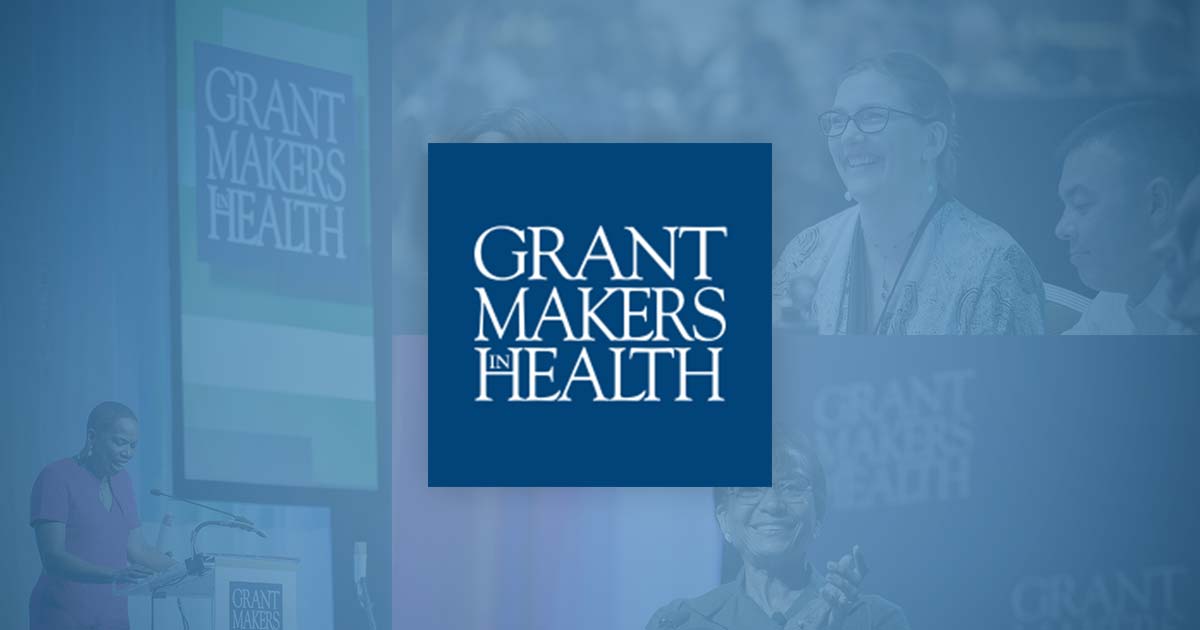Integrative Medicine: Rethinking Health Care Delivery
Fifteen years ago I was a consulting psychologist with a newly minted doctorate, happy, and engaged in checkbook philanthropy on the side. But in the deep of winter, a diagnosis of breast cancer upended my world.
Grant Agreements and Lobbying
Have you read your grant agreement or grant award
letter recently? Not just scanned it to make sure the
reporting dates have been updated, but read every
paragraph or clause to make sure the agreement says what you
think it says…and what you want it to say? If not, it is time to
do it now.
Changing Expectations for Care at the End of Life
The culture and system of care at the end of life present unnecessary emotional, physical, and financial burdens for patients and their loved ones. Although this is what we have come to expect, other realities are possible.
Race to the Top: Is Children’s Health in the Running?
The Race to the Top-Early Learning Challenge (RTTELC), jointly administered by the U.S. Departments of Education, and Health and Human Services, is the latest federal opportunity for states to receive grants to transform education systems and improve achievement outcomes for children.
Effective Behavioral Health Funding in an Era of Health Care Reform
Health funders today operate in an environment of change and uncertainty as policy changes driven by federal health care reform affect health care at state and local levels – often in ways that are hard to predict. Meanwhile, health funders increasingly recognize that addressing behavioral health challenges is central to promoting healthy individuals, families, and communities.
Health Care Reform: Promises and Pitfalls for Maternal and Child Health
In 2009 health care spending in the United States reached an all-time high of nearly $2.5 trillion, representing an almost two-fold increase in spending on a per capita basis since 1997 (NIHCM Foundation 2011).

